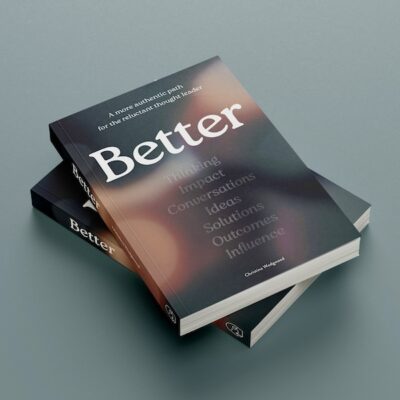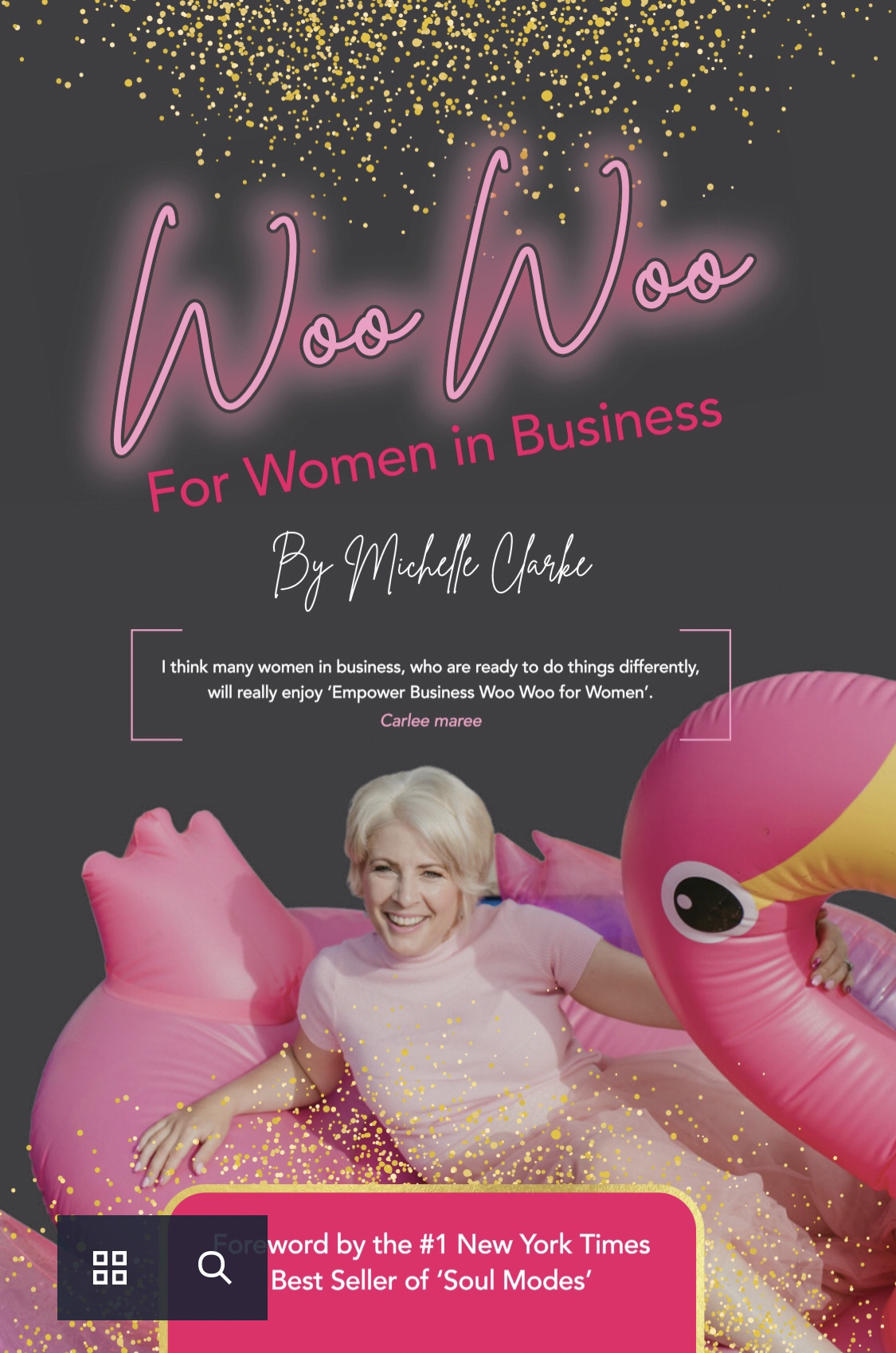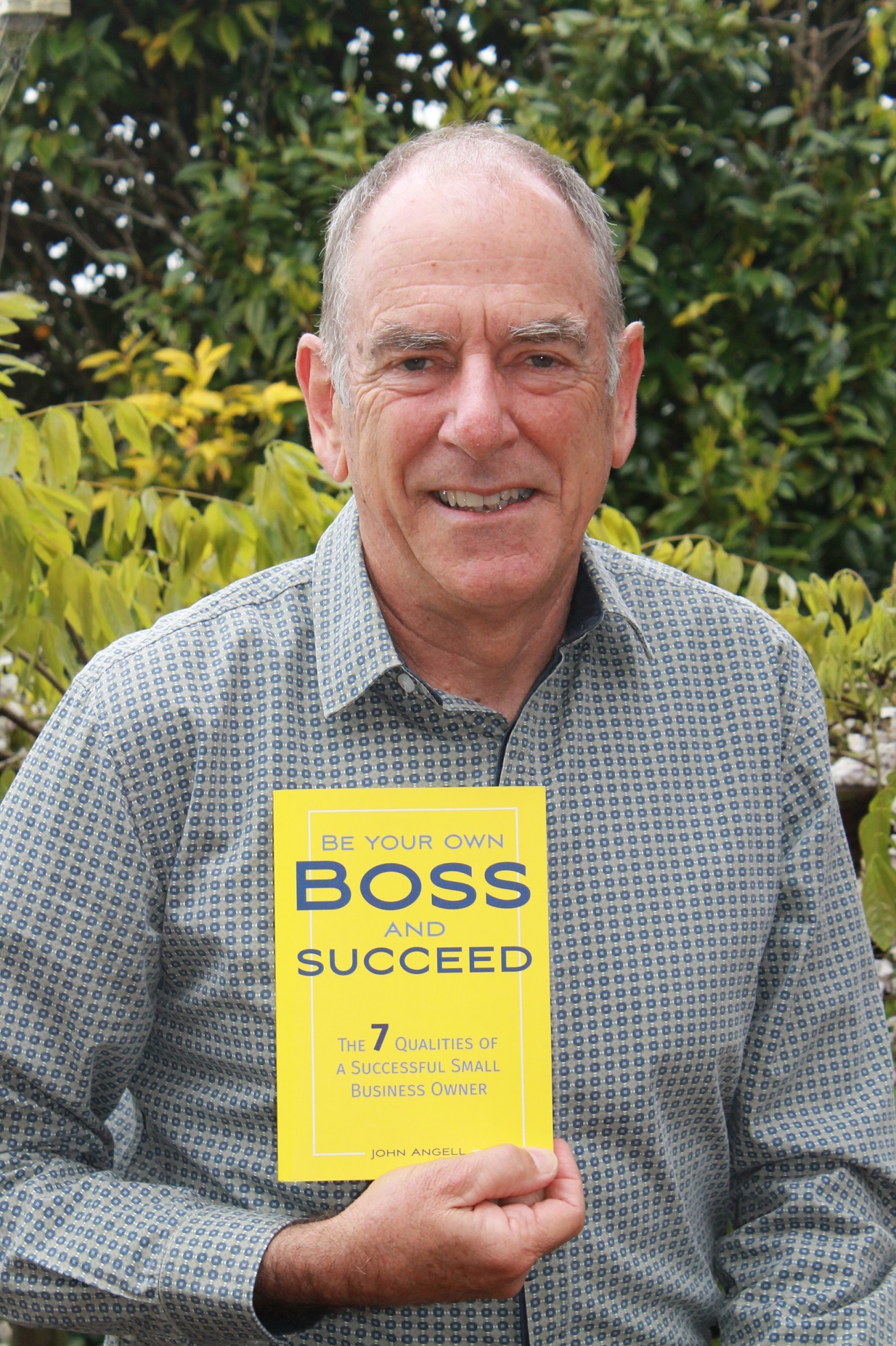Golden Arches under Southern Skies
This book will strike a loud chord with anyone who has ever tried to get their business to run before it can walk and never taken no for an answer. […]
This book will strike a loud chord with anyone who has ever tried to get their business to run before it can walk and never taken no for an answer. It captures the chaos and excitement of building the McDonald’s brand in a New Zealand more used to grotty hand basins and scraps of toilet paper on the floor than the American world of McPerfection.
Author Rosemary Hepözden paints an endearing, and at times quite bonkers, picture of the McDonald’s early days in New Zealand. Of managers sleeping on shelves on the premises, too tired to go home in the few hours between shifts. Of thousands of coupon-waving customers waiting for their Big Macs. And of early founder Wally Morris cementing a kitchen unit to the floor, despite import restrictions so tight that he was meant to re-export the unit after a year in the country!
It tells the roller-coaster ride of a bunch of savvy Kiwis thrust into a slice of American culture so precise that the manual said the toilet had to be cleaned with a toothbrush, and hamburgers must be adorned with no less than 16, and no more than 18, tiny pieces of onion.
Often unable to lay their hands on the right stuff at the right time, these early McPioneers trained staff with wooden patties and cardboard French fries, and tried to get Kiwi suppliers to switch from ‘she’ll be right’ to ‘just so’.
Yet behind the smiling big-footed Ronald McDonald and all those happy meals there’s a steely focus on business. Current MD Mark Hawthorne says in his foreword that franchisee applicants don’t get paid to undergo their initial 12-month training programme.
He goes on to outline McDonald’s grab-’em-by-the-delicates philosophy of wanting franchisees "who essentially have their entire life savings in the business, and not someone who treats the franchise as an investment vehicle".
That feels akin to arguing that if your girlfriend is cut off from her friends and family she’s bound to be happier with you.
Having said that, I’ve long nurtured a profound respect for McDonald’s marketers such as Ian Sutcliffe and Brian Weaver whose ability to ‘Kiwi-ise’ a multi-national’s brand campaigns scored them TVNZ/Marketing Magazine Marketing Awards and placed them among the best marketers of their time.
I’ve even managed to forgive former TV news correspondent Liam Jeory (whose knee I once sat on in a very crowded taxi in Poland) for going on to become a McDonald’s PR spokesperson.
The use of huge numbers of photos makes for a schizophrenic style of reading. I was never sure whether to check out the pics and captions as I went – thereby running the risk of losing the thread of the main text – or go back at some stage and sweep through the pictures in an attempt to keep up to date. Having failed to formulate a strong picture policy, I ended up jumping haphazardly from one idea to the next. Luckily the plot was so not so deep that I couldn’t keep up with it. But I did feel a kind of residual niggling guilt that I may have been missing something.
This book still didn’t persuade me that McDonald’s is my cup of tea and it’s clear that exhausted, or otherwise disillusioned, wannabe franchisees drop out along the way. But the people who do make the grade seem like happy campers. As this book cheerfully acknowledges, McDonald’s is not for everyone. The business start-up lessons that this book contains, however, are universal.
Usefulness 7/10
Ruth Le Pla is an Auckland-based writer. Email: [email protected]






